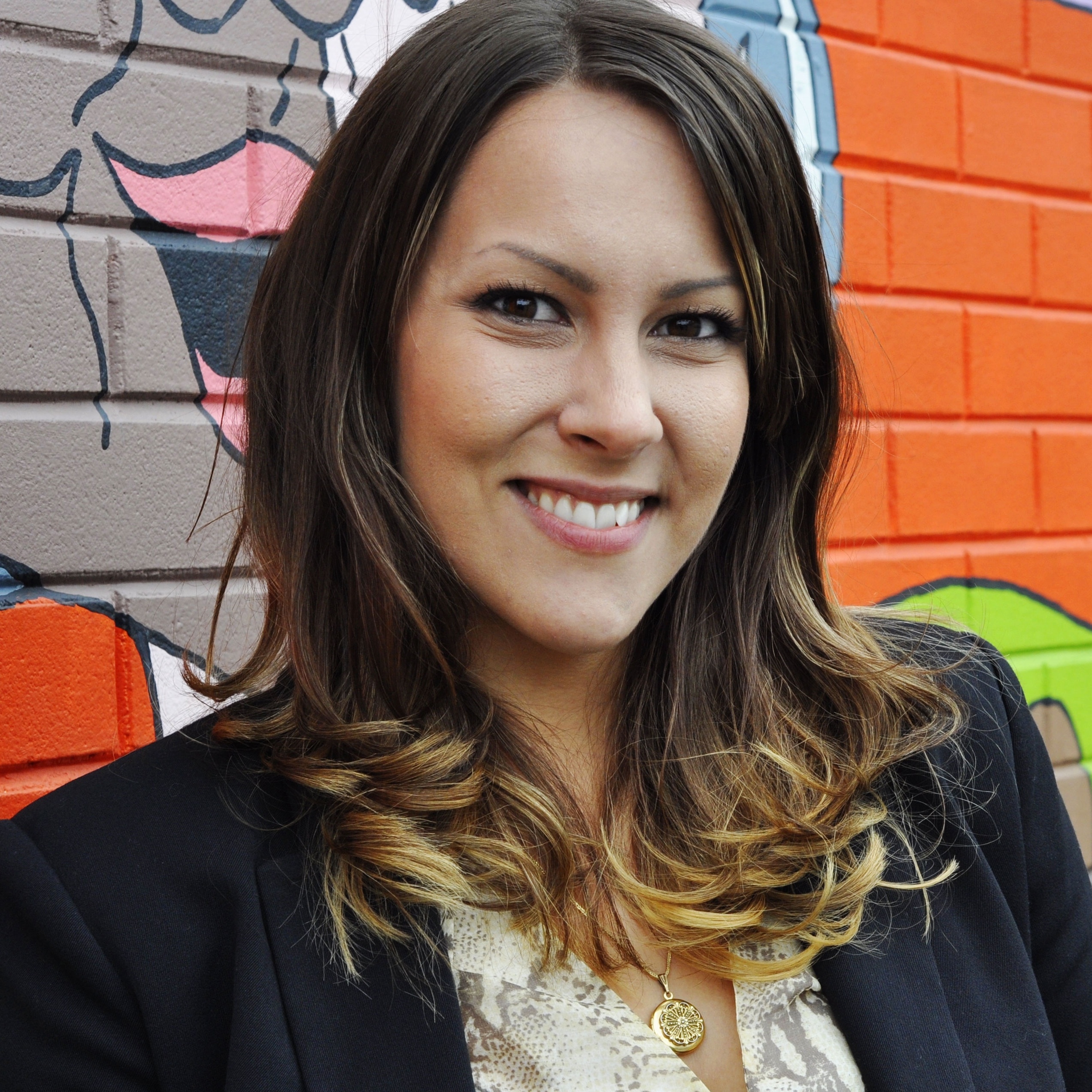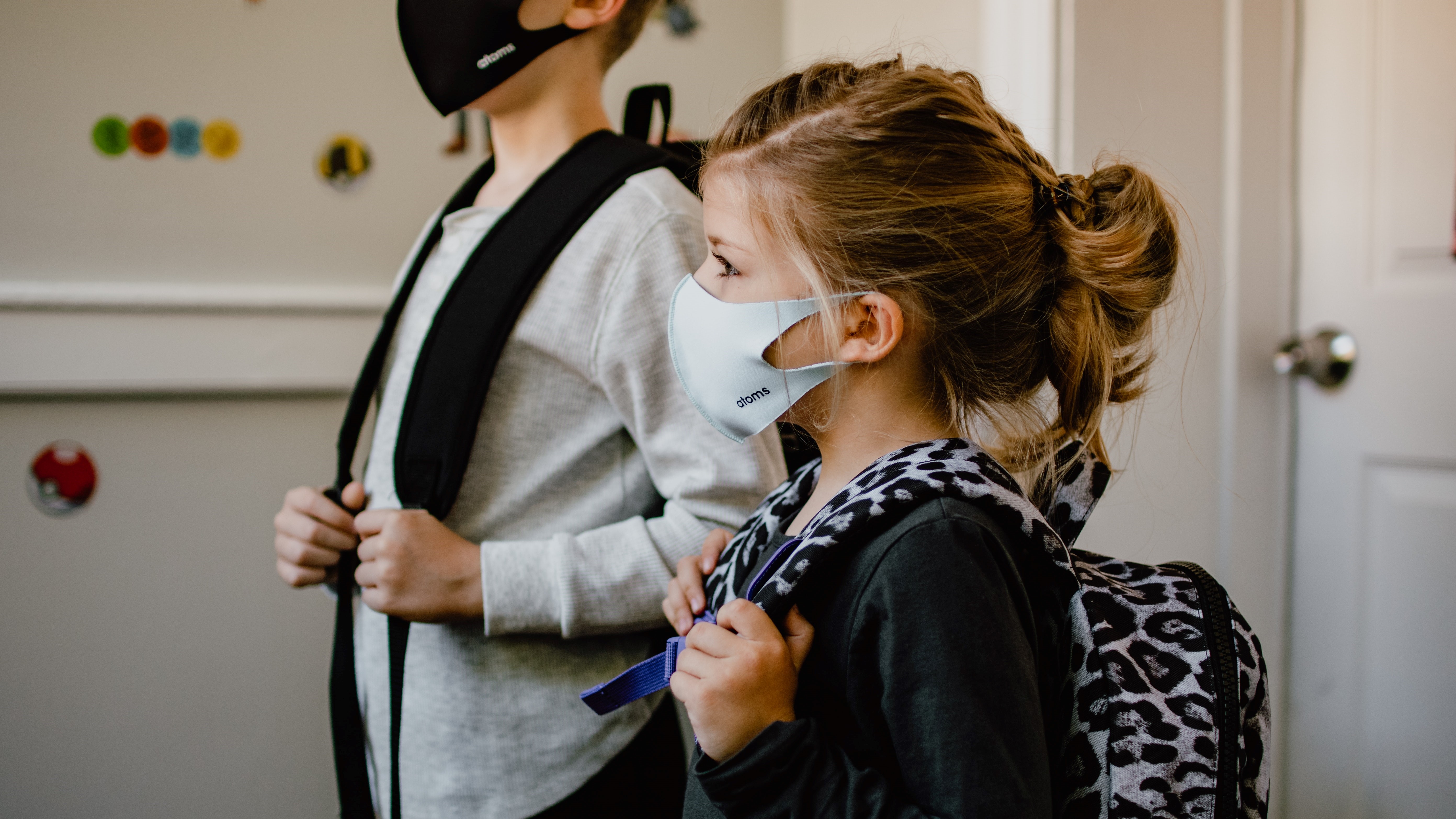“Does your doctor know how much money you make? Because they probably should…” is the opening line in the May 1st episode of The Big Story podcast by host Jordan Heath-Rawlings. Heath-Rawlings goes on to suggest, “What if the easiest way to lessen the burden of poverty on people and on our health care system was to just give people enough money to live healthy lives?”
Shortly thereafter, Jordan introduces his interview guest, Dr. Gary Bloch, a Family Physician at St Michael's Hospital and an Associate Professor with the University of Toronto Faculty of Medicine.
Dr. Bloch is a well-known figure in most poverty and health circles in Canada, and abroad, for his participation in policy discussions, academic work, raising awareness, and speaking with patients on the front line about the link between income and health.

In the podcast, Jordan and Dr. Bloch discuss how, over the last few decades, a slew of studies have shown that living with a lower income is connected to a greater likelihood of poor health outcomes, such as chronic disease, death, trauma, and stress. People who experience poverty day to day are subject to more social risks associated with their lack of income, such as a lack of adequate housing, lesser education, or lack of nutritious food. When social risks are higher, poor health outcomes are likely to follow, usually, to a more severe degree, earlier in life.
Dr. Bloch shares an example of how increased social risks could play out for a child in a low-income family. A child is surrounded each day by chronic stress because the family doesn’t have enough resources to survive. The child takes this stress with him/her everywhere they go, and has trouble focusing at school. The child exhibits behavioural issues and is then identified as a problem student, and/or assumed to have ADHD. Reversely, individuals who have more income are more likely to have better health outcomes because they are more likely to do things that are good for them: exercise, eat healthy foods, get more sleep, take prescribed medications, and experience less stress.
What compounds the link between poverty and poor health outcomes even further, are recent studies that suggest our genes can change if one experiences chronic poverty. Think about this for a second. Lack of income might actually be changing the DNA that gets passed down through generations of families. This potentially has huge implications for society, yet we don’t treat poverty as a systemic medical issue.
“So why,” asks Jordan, “why are we not working at this issue at scale like every other health issue in the world?” Dr. Bloch thinks there are a few reasons.
First, medicine is about diagnosing a health problem and treating it. Also, a cultural preoccupation with drugs, many of which are useful and effective, may be part of why medicine hasn’t picked up on this social mandate.
He also suggests that most physicians aren’t social policy experts. For this reason, they may be hesitant to get involved with the issue of the poverty, which is in the realm of social policy, not medicine. In fact, most physicians don’t live in poverty, so they don’t identify with the issues of poverty.
“People need to stop burying their heads in the sand and start addressing social risks,” he says. However, Dr. Bloch maintains that there is an appetite for this information in the public health care community and a desire to change how the front line can address social and health risks associated with poverty.
He outlines a few key ways that family physicians can address poverty as a social determinant of health.
First, health providers need to ask their patients if they have the basic social foundations in place to live a healthy life, such as enough income to buy a decent diet, pay rent, go out and live a stress-reduced life, with a social support network in place. In order to do this, physicians need to be willing to listen to people’s stories to better understand an individual’s social situation so that they can make an appropriate plan.
Dr. Bloch also says a big part of serving low-income patients is advocating for people to file their taxes so they can access income-related benefits. He shares an example of one of his patients, a young, single mother with two kids, doing precarious minimum wage work at around $14,000 per year. This woman hadn’t filed her taxes in some time, if ever, and gained an additional $18,000 in benefits after she filed her income tax return. The more physicians are trained to do this type of investigative work and offer public education, we may be able to scale the interactions between doctors and patients which will lead to better health outcomes.
Dr. Bloch wants to make this kind of consultation a normal practice, which is why he created the Clinical Tool on Poverty. The tool is intended to get the health care sector to support educational work about the linkages between income and poverty. This 3-page tool handout offers a 3-step approach to dealing with a social issue like poverty in a front line situation:
- Ask patients about their income
- Factor the social determinants of health into your thinking and assessment
- Connect your patients to income security benefits
Dr. Bloch is also an advocate for increased social assistance rates. The idea is simple: if recipients don’t get enough social assistance, their health outcomes may worsen resulting in a further burden on our public health care system. It’s pay now or pay later. When one considers the social determinants of health, one can quickly grasp how increased social assistance and community support services could be considered a form of preventative health care.
Dr. Bloch warns, “if you don’t change your social policy, people will suffer.” To this point, on average, there were 610,000 cases (families and single adults) in Ontario’s social assistance programs during 2017-2018. Around 40% (250,000) received Ontario Works and 60% (360,000) received ODSP. These are the individuals and families in Ontario who, because they lack an adequate income, are forced to pay with their mental, emotional, and/or physical health, their quality of life, and possibly even their lives.
There must be a better way to help people out of poverty. Dr. Bloch advocates that governments need to reduce silos and create cross-ministerial approaches to better support people living on the margins. Smarter health and fiscal policy spending are a must.
He also says that we need to give voice to the people who are experiencing poverty through the power of stories. We need to talk about reality of living with social pressures through a lens of intersectionality and recognize how society often worsens the situation for individuals and families who live in poverty.
My biggest takeaway from this podcast is that we, as patients, service providers, tax payers, and engaged citizens, need to encourage more of our family doctors and professional health organizations to follow Dr. Gary Bloch’s lead. If we can get more primary health care providers to use the Clinical Poverty Tool, advocate for fair social policies, and educate the public about the linkages between poverty, social risks and health, we’ll all be better for it in the long run.
Take Your Learning Further:
- [Podcast] The Big Story: Why you need to talk to your doctor about how much money you make
- [Info sheet] Living wages are good for our health
- [Paper] Poverty, Income Inequality, and Health in Canada
- [News Article] Income inequality is killing thousands of Canadians every year
- [Study] Low-income Canadians’ experiences with health-related services: Implications for health care reform
- [Tool] A Clinical Tool for Primary Care Providers
- [Organization] Ontario Coalition Against Poverty





